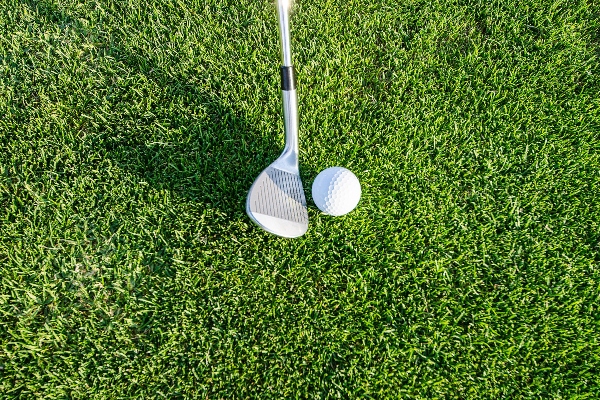Not All Swings Are Created Equal
By Annette M. Zaharoff, M.D.
As Ladies Professional Golf Association (LPGA) star Lorena Ochoa said she would consider playing against men this summer, the issue of gender and golf is a hot topic. Current research seems to suggest that, biomechanically speaking, male and female golfers are not created equal.
A recent study from the University of North Carolina found significant differences between the swing kinematics of male and female professional golfers. These differences may affect performance and the types of golf-related injuries seen.
What’s the Difference?
At the top of the backswing, female golfers had less forward trunk tilt and more pelvic rotation than the males. Females also had more pelvic rotation at ball impact. Male golfers were found to have more velocity of the club shaft that females. Women were found to be more flexible than men. They had more twist in the shoulders and pelvis. Despite the greater rotation generated by women, their club velocity and, therefore, distance was less.
The fact that men are less flexible, however, may put them at greater risk for low back injuries than women. Women appear to have stiffer wrists during the swing, which may account for more wrist injuries in female golfers.
There is not a good sense of gender-related differences in golf injuries, which may be because the vast majority of golfers are male. Recent PGA statistics show, however, that more than half of all new golfers are women, and the total number of women players in the U.S. had increased by 8 percent since 2002. A recent study by Bloomburg found that shoulder injuries were the most common injuries in females followed by elbow and arm injuries.
Prevention
Learning proper golf swing mechanics from your pro will help prevent injuries as well as improve your game. To further help avoid injuries, pay attention to stretching and strengthening the areas of the body stressed in golf. Work with a trained health care professional, such as a sports medicine physician or therapist who can assess where you may be inflexible or have weak muscles that may increase your risk of injury. Get on a program of stretching and strengthening that will address those areas.
Visit www.drZmd.com for some general tips. If you have an injury or specific questions, talk to your sports medicine physician.
Dr. Annette Zaharoff is a sports medicine physician specializing in the non-surgical evaluation and treatment of injuries. She maintains a private practice in San Antonio in The Non-Surgical Center of Texas and may be reached by calling her office at (210) 616-0646 or visiting her Web site www.drZmd.com.






